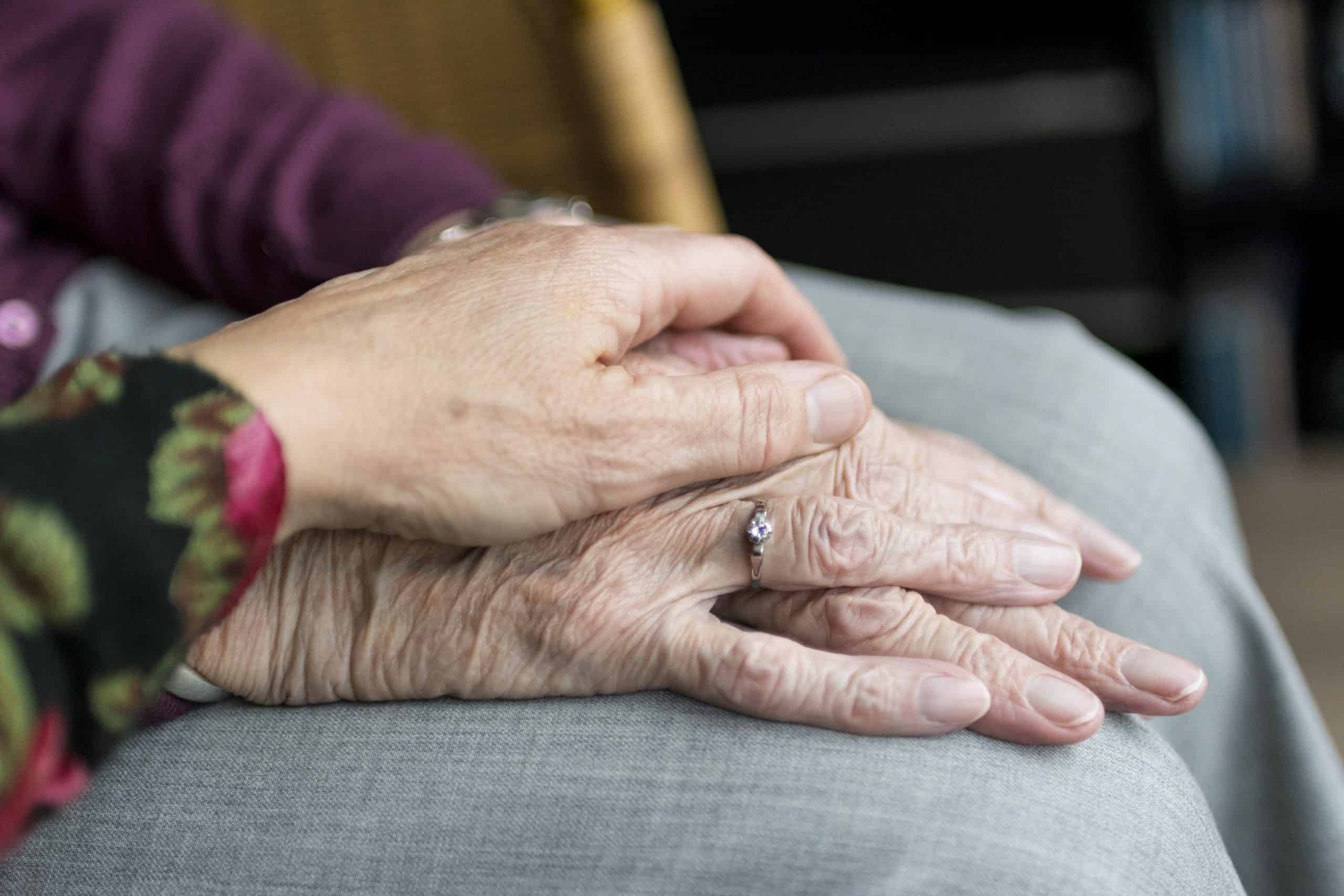
Maintaining Good Self-Care For You and Your Loved One While in Hospice
Let’s celebrate Self-Care Month this July with some tips on how to best care for yourself and your loved one while in hospice in San Mateo and elsewhere. What exactly is self-care? The World Health Organization (WHO) defines it as individuals, families, and communities doing their part to promote and maintain their own health, coping with disability and illness, and preventing disease — with or without a health worker’s support.
It’s critical that caregivers prioritize regular exercise, sufficient sleep, and proper nutrition to benefit not only the body but to boost mood and reduce stress. Here are some tips to go about that.
Your Health Matters Too
Whether you care for an ill and aging parent in your home or take care of a spouse in the end stages of cancer, being a caregiver can be a rewarding yet stressful experience. The ability to care for and support someone you love is a privilege in many respects, but playing the caregiving role on top of all your other responsibilities can be overwhelming and eventually lead to burnout. This is especially true when you don’t have any other sources of help or a robust support system, points out the Cleveland Clinic.
The National Alliance for Caregiving and AARP say that about 53 million Americans currently provide unpaid care to an older adult with functional or medical needs, with 21 percent of those caregivers reporting their own health as being “fair to poor.” Family caregivers are usually so focused on providing support to others that they tend to let their own needs go by the wayside. Sometimes, you don’t even know you’re doing it.
Typical signs of caregiver stress and burnout include:
- Anxiety
- Constant worrying
- Depression
- Trouble sleeping
- Exhaustion
- Hopelessness
- Irritability
- Withdrawal from activities you once enjoyed
Stress can also express itself in physical symptoms, causing:
- Headaches
- Anxiety attacks
- Weakened immune system
- Elevated blood pressure
- Nausea
- Aches and pains
Many times, spouses and adult children are so caught up in their role as caregiver that they don’t make time for themselves. They may feel they’re being self-indulgent to take some time off, but it’s never selfish to restore your physical and emotional health as it restores your ability to provide the best possible support and care for your loved one.
Tips For Self-Care
From meditation to eating well, there are many ways you can practice self-care as you care for your loved one in hospice. Here are some suggestions from Harvard Medical School.
- Practice breath awareness: All it takes is 10 minutes a day to practice breath awareness, paced breathing, and other breathing techniques. Sit in a comfortable chair, close your eyes, and become aware of your breathing. Push out distracting thoughts during this time, always pulling your attention back to your breathing. Breathe in for five seconds, pause for five seconds, then exhale for five seconds. Do this for 10 minutes.
- Try a mind-body practice: These include yoga, tai chi, deep relaxation techniques, and meditation. Designed to build physical health, mind-body practices also deepen the awareness between your mind and body. Research shows that yoga can decrease caregiver stress with a positive effect on mental health, reducing caregiver burdens and depression.
- Prioritize healthy eating and sleeping: It’s too easy to forget about eating right when you’re caring for someone else. But maintaining adequate nutrition and sleep is key to preventing burnout. Increased inflammation in the body has been linked with chronic stress, so avoid processed foods or those high in sugar. Create a 10-minute nighttime routine to ensure more restful sleep, such as breathing exercises, yoga, meditation, or journaling before bed.
- Find your own hobbies: The role of caregiving requires the bulk of your time and energy, and can easily and quickly sap your strength. If you can find time to do things you enjoy — just for you — you will start to experience the rewards of the effort you have invested. Whether you like to paint, take photos, watch birds, run, or volunteer, get back to doing what you love so you can be refreshed when you have to return to your caregiving role.
- Stay socially connected: Get support via local caregiver support groups designed for people just like you. It can be tough to keep up with your own social life when you’re trying to care for a loved one in hospice, but it’s important to try. Maintaining social connections will help you feel less isolated while preventing caregiver burnout. It’s important to realize you’re not alone in all this. Draw strength from others who are in the same boat as you. This will help to nurture your ability to become self-compassionate.
Contact Pathways Home Health and Hospice
We value our family caregivers, as they play an important role in the physical and mental well-being of our patients when we cannot be there. That’s why we offer several resources for caregivers, such as advice on how to avoid burnout, prioritizing healthy eating, and preventing fatigue. Learn more when you get in touch with us at 888-978-1306.

